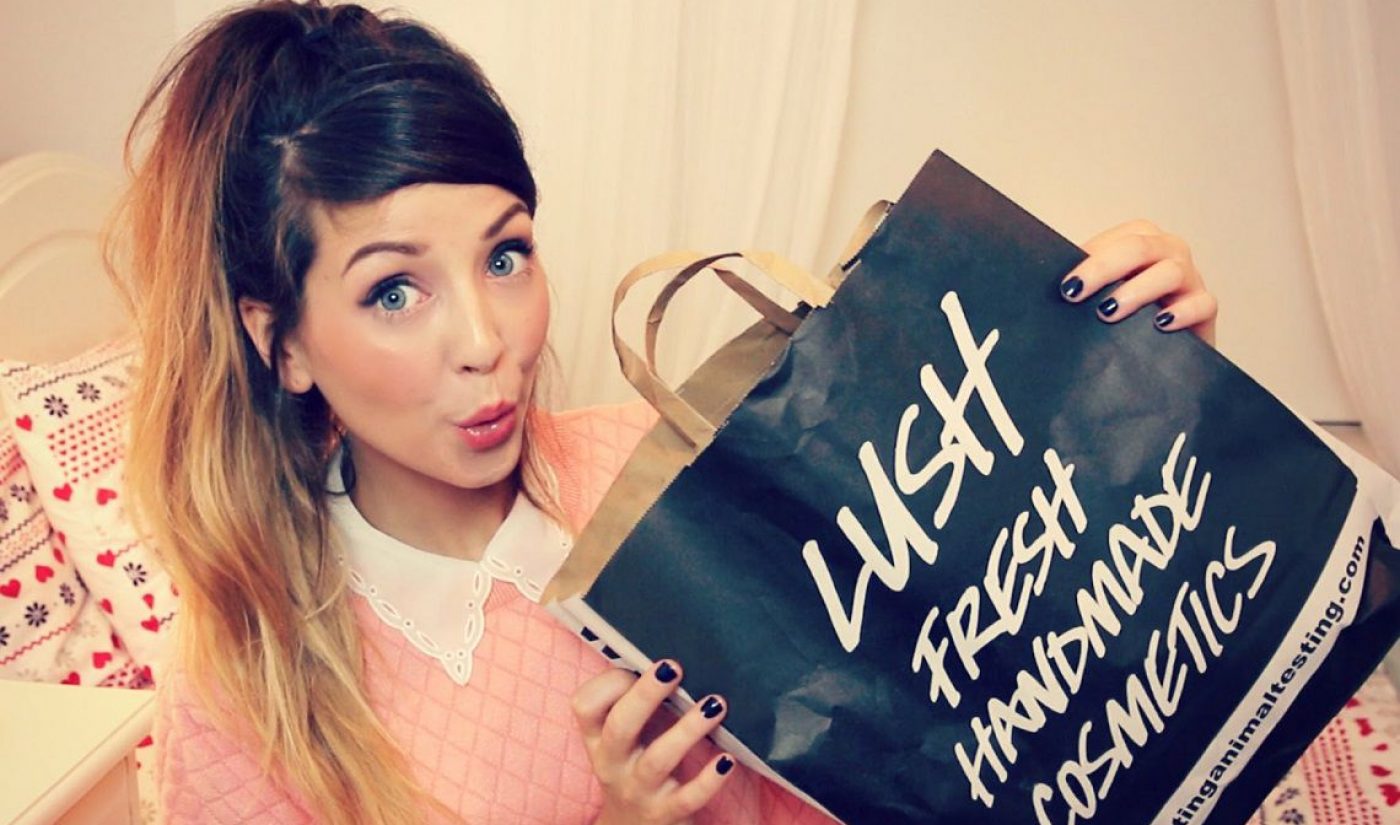British YouTube and digital celebrities may need to start being more careful about the way they talk about brands and sponsors in their content. The Committee of Advertising Practice (CAP) published an article on its site about situations in which vloggers, bloggers, and other editorially-minded creators online in the UK need to state if and when their content is sponsored by a brand or created as part of a branded initiative.
CAP’s article is accompanied by a clear notice that its advice is not legally-binding and how the organization knows there is nothing inherently wrong with digital creators entering into brand and sponsor relationships. But what is wrong is “if consumers are misled.” CAP clarifies how, in normal circumstances, mentions of brands and companies are considered an “independent decision” of the behalf of the creator. Those mentions that happen in regular circumstances are obviously okay. It’s when that mention is also tied to a monetary or business relationship of some kind that a vlogger must state the connection forthrightly to audiences.
“A key rule under the CAP Code is that if the content is controlled by the marketer, not the vlogger, and is written in exchange for payment (which could be a monetary payment or free items) then it is an advertisement feature and must be labelled as such,” CAP writes on its site.

Subscribe for daily Tubefilter Top Stories
CAP then proceeds to outline a long, but by no means exhaustive, list of scenarios vloggers could find themselves in that would constitute a required disclaimer. For example, CAP says that if a creator works with a brand to create a vlog with that brand’s products, and the resulting content is shared on the brand’s YouTube and social media channels only, the video would not need to be labeled as an ad. However, if that same vlogger took money from, or let a brand direct the content for a video on their individual channel, the vlogger would need to label the video as an “advertorial.”
This isn’t the first time ad watchdogs in Britain have discussed and dealt with sponsorship and branded content issues in the online video realm. Back in November 2014, the Advertising Standards Authority (ASA) investigated several UK-based YouTube stars like Emma Blackery, Tom Ska, and Phil Lester (aka AmazingPhil) and Dan Howell (known as Danisnotonfire) after a journalist complained about the creators’ Oreo-themed videos. The ASA made at least Dan and Phil put a disclaimer on their collaboration video which clearly stated they were paid by Oreo’s parent company Mondelez.
You can read more of CAP’s vlogging scenarios and related guidelines for conduct on the organization’s article database.








